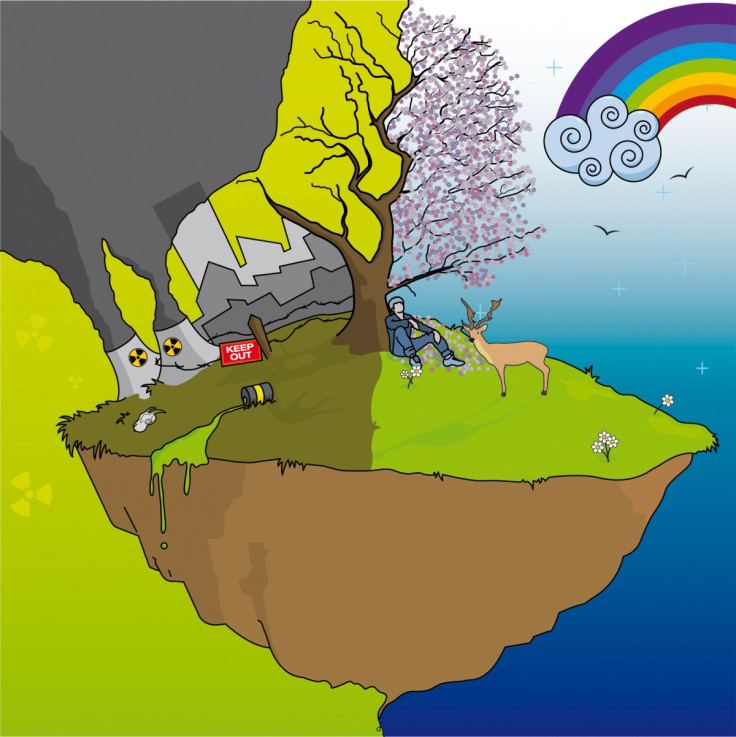Earth enters a new chapter of its history, as the Anthropocene epoch is linked to human activity

Humans could be creating a new chapter in the history of the Earth, as scientists believe we have moved into a new epoch. The new time period – known as the Anthropocene – will be attributed to human activities, including global warming, the changing composition of the atmosphere, and urbanisation.
The Anthropocene Working Group - a group of scientists that compiled the data suggesting the change – believe the Earth has fundamentally changed from the Holocene, the period of time that records show we are currently in. They associate this change to the impact that humans have left on the Earth.
Colin Waters, Secretary of the Anthropocene Working Group told IBTimes: "The power of seven billion people to affect the planet globally, the scale of those changes, and the way they are occurring at an incredibly rapid rate is something that has not been experienced in the past." He added: "Someone invents CDs then within 25 years 200 billion have been sold globally, and many will work their way into landfill sites."
In the distant future, when geologists use rock cores to illustrate the changing chapters of the Earth, the researchers say the Anthropocene will be layered with man-made materials, including concrete and plastics.
The dates surrounding the Anthropocene are still slightly hazy, however. The researchers say that its beginning could be around the middle of the 20<sup>th Century, as population boomed and industry became more widespread.
The authors summarise in the paper: "Not only would this represent the first instance of a new epoch having been witnessed first-hand by advanced human societies, it would be one stemming from the consequences of their own doing."
Each epoch on the geological record of Earth lasts anywhere between two and 18 million years. However, the Holocene – the latest Epoch – began just 12,000 years ago. Should the Anthropocene officially be confirmed, the Holocene would have lasted a significantly less amount of time than any other epoch.
It is not possible to predict how long the Anthropocene will last, as it appears epochs are getting shorter and shorter. Waters speculates, however, that the Earth may naturally change again soon.
He told IBTimes: "If natural processes continued to dominate then perhaps we should be looking in tens of thousands of years to returning to a new ice age, and that may significantly inhibit our continued global influence."
Waters also suggested that we, as humans, may be the cause of another change in epoch in the future. "Geological records show that other factors can greatly change the planet, meteorite impact and super-volcanoes to name but two. Ultimately, processes that greatly reduce human population are most likely to bring the Anthropocene to a close and they could always be internally generated factors-such as warfare."
© Copyright IBTimes 2025. All rights reserved.






















